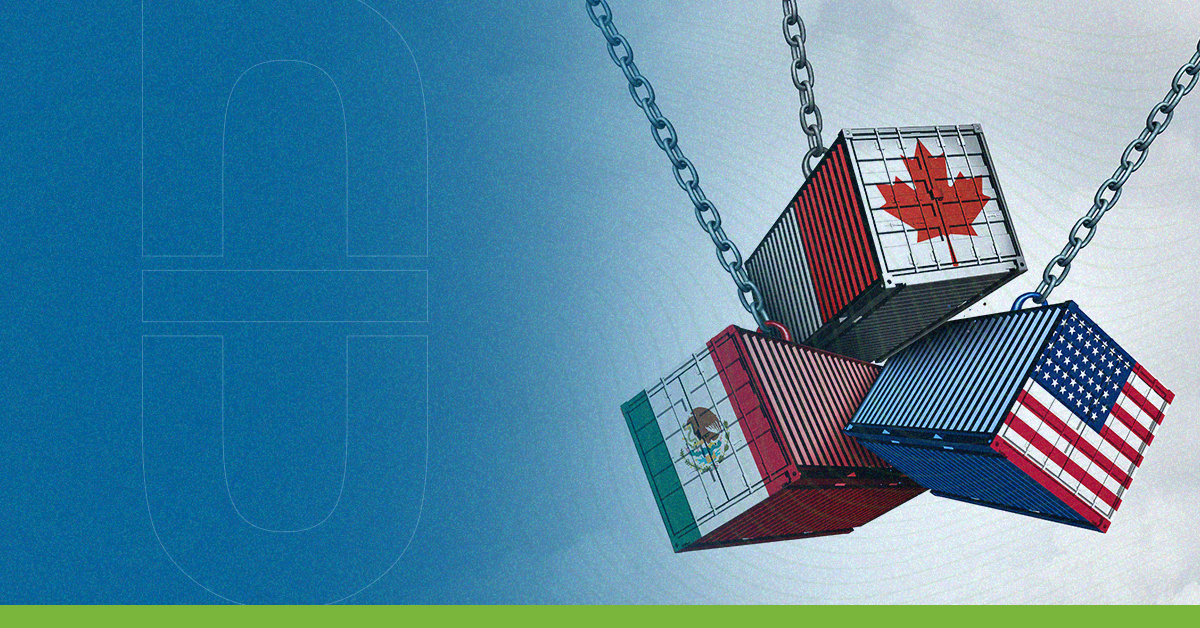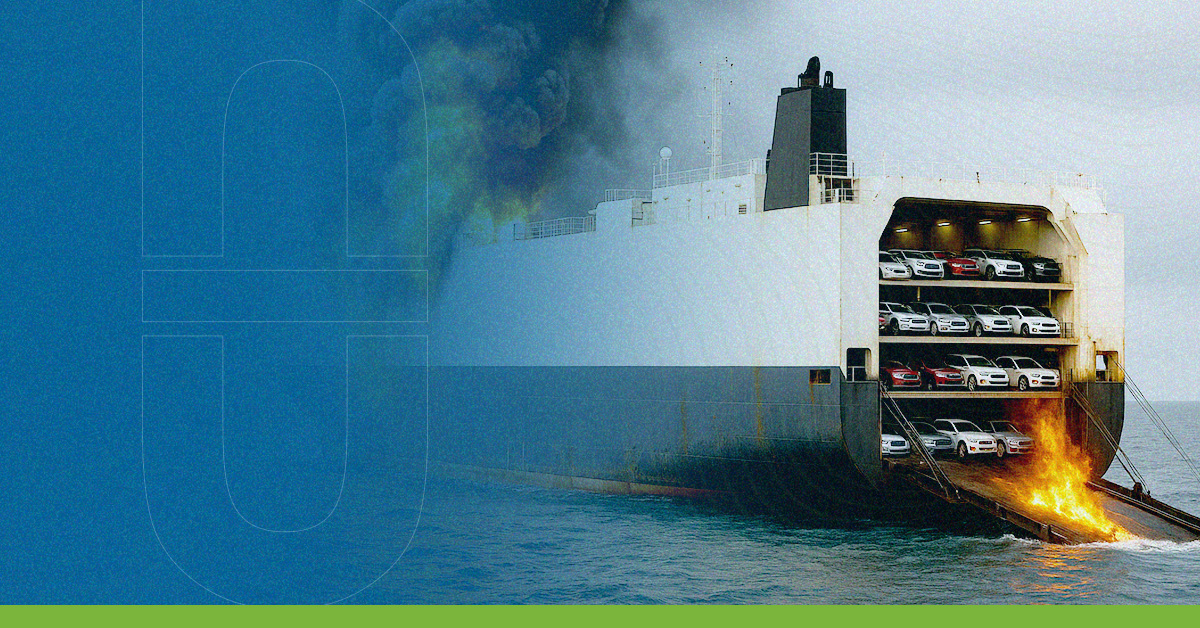In 2025, the president of the United States announced 25% tariffs on imports from Mexico and Canada, aiming to curb irregular migration and fentanyl trafficking. However, after intense negotiations between the three countries, the implementation of these tariffs has been paused for one month, offering temporary relief for businesses and transport companies, though uncertainty remains.
Effects on transportation logistics
The tariffs proposed by Donald Trump would create significant challenges in the supply chain between the three countries. Companies would need to reevaluate their routes and transportation methods to minimize additional costs.
Key projected effects include:
- Increases in freight and storage costs.
- Delays in the delivery of goods due to more stringent inspections.
- The need to renegotiate contracts with suppliers and transport companies.
Furthermore, the uncertainty surrounding trade policies complicates logistical planning, affecting the efficiency of goods delivery. Companies that rely on international trade must develop more flexible strategies to adapt to sudden changes in regulations and tariffs.
Repercussions on cargo insurance and tariffs
The tariff increase leads to higher import and export costs. This, in turn, impacts cargo insurance premiums, as the insured value of goods rises. This creates a ripple effect across the transportation and logistics industries.
Some of the most relevant consequences include:
- Higher costs for purchasing cargo insurance to mitigate financial risks.
- Increases in the prices of imported goods, affecting end consumers.
- The potential relocation of production plants outside North America to reduce costs.
Companies must adjust their strategies to mitigate these risks and ensure the continuity of their business operations. Adaptability and constant market analysis will be key to overcoming these challenges.
Trade policies by Donald Trump in 2025 present significant challenges for transportation logistics, cargo insurance, tariffs, and duties across North America.
To mitigate the impact, companies should:
- Diversify transportation routes and supply chains.
- Evaluate new insurance options to minimize losses.
- Continuously monitor trade policies to adapt quickly.
It is crucial for companies to adjust their strategies to face these changes and maintain operational efficiency.
Sources:
- Reuters. (2025, 4 de febrero). Trump tariff drama carries high stakes for US automakers, car buyers. Recuperado de https://www.reuters.com/world/us/trump-tariff-drama-carries-high-stakes-us-automakers-car-buyers-2025-02-04/
- HuffPost. (2025, 4 de febrero). La guía para entender los aranceles de Trump: qué son, para qué sirven, cuáles serán sus consecuencias, cómo nos afectan. Recuperado de https://www.huffingtonpost.es/economia/la-guia-entender-aranceles-trump-que-son-que-sirven-cualesan-consecuencias-como-afectan.html




